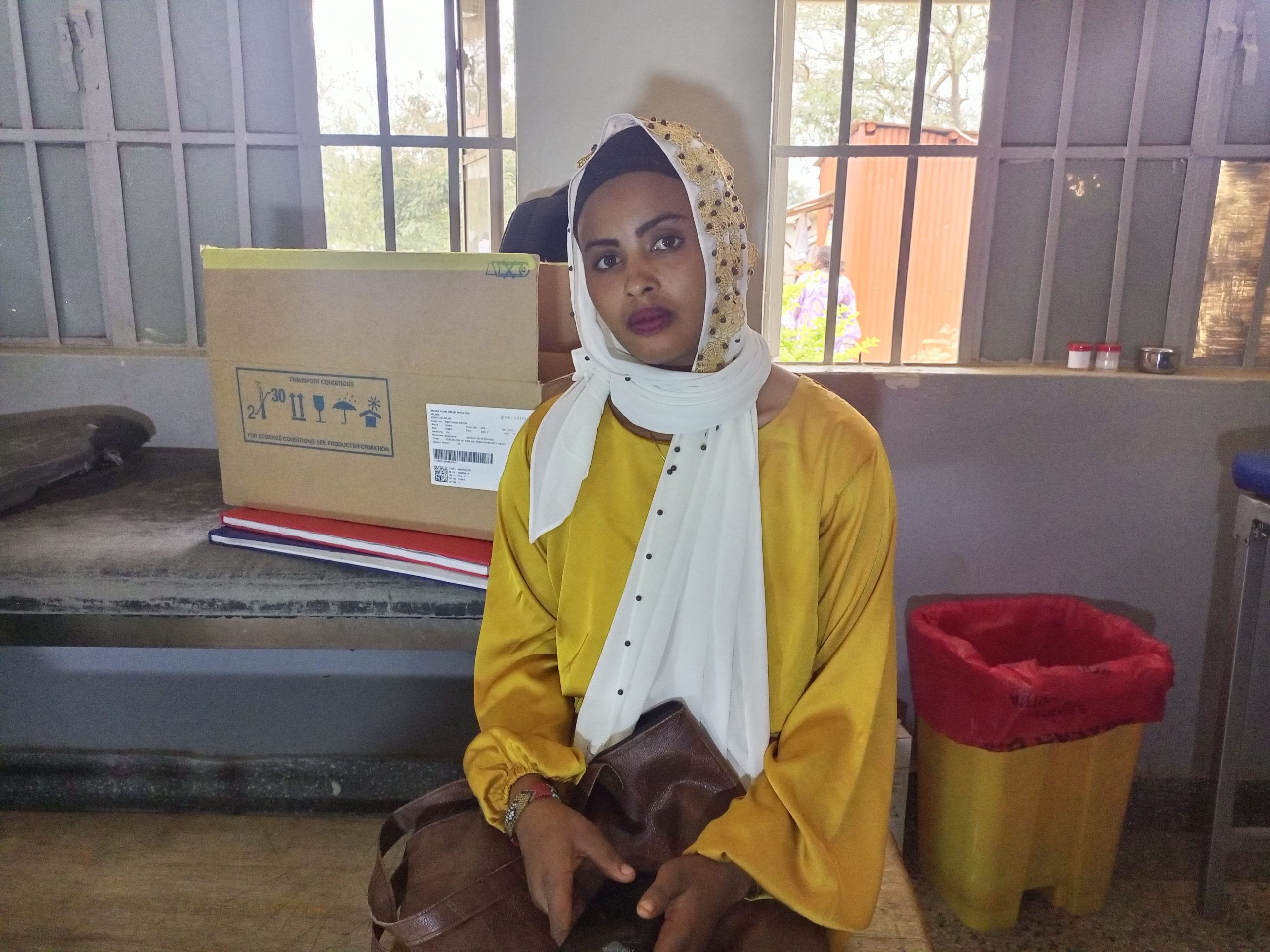“Family Planning Has Strengthened My Family and My Future” — The Story of Iragena Olga.
At 26 years old, Iragena Olga radiates confidence, health, and a sense of purpose. A refugee from Rwanda, Olga has built a stable and fulfilling life in Nakivale Refugee Settlement, specifically in Kashorwa B, Nakivale Village. She is married, a mother of two, and a proud businesswoman. But she is also quick to point out that one key decision has been central to her success: choosing family planning.
“I have never regretted starting family planning,” Olga says with a bright smile. “I work well without the stress of unexpected pregnancies. I have energy, I am healthy, and I am always clean and presentable. I can move freely to run my businesses without constant worry.”
Olga’s introduction to family planning came unexpectedly. Shortly after she met the man who would become her husband, she visited Nakivale Health Centre III for malaria treatment. At that time, she was worried about the risk of an unplanned pregnancy. During her visit, she encountered health workers from Shared Action Africa, who were conducting training, counseling, and offering free family planning services to refugee women.
“They explained the options clearly, answered all my questions, and respected my choices,” Olga recalls. After thoughtful consideration, she chose the Intrauterine Device (IUD), a long-term, reversible family planning method.
For Olga, the IUD has been a perfect fit. She used it for two years, during which she felt in control of her reproductive health and could fully focus on her family and work. “When I felt ready to have another child, I simply went back, had the IUD removed, and I conceived,” she says. Today, her first child is 12 years old and her second is seven years old.
Recently, Olga decided it was time to expand her family again. She has had her IUD removed and is now planning for her third child. “The one I have been caring for is mature now, so I feel ready,” she explains. “I am happy because I know I can give birth to healthy children and still take care of them well.”
Olga credits family planning with strengthening her relationship with her husband. “I am safe with my children, and we are in love together with their father because we can manage to take care of them,” she says. “Child spacing has done a great job for our family.”
Beyond her personal success, Olga is deeply grateful to Shared Action Africa for the role they have played in her life and in the lives of many other refugee women. “I appreciate Shared Action Africa for its services,” she says. “I request them to extend their work to communities outside the refugee settlements so they can help more women.”
Her message is clear: family planning is not only a health intervention — it is a tool for economic empowerment, stability, and dignity. By having control over when to have children, Olga has been able to build her business, maintain her health, and raise her children in a loving, well-supported environment.
“I can run my business, move in any direction I want, and focus on my goals,” she says proudly. “All this is possible because of the decision I made with the guidance of Shared Action Africa.”
Olga’s journey reflects the broader impact of reproductive health services in refugee contexts. Access to accurate information, counseling, and a range of safe family planning methods can help women make decisions that transform their lives and communities.
Her story is a reminder that even in the most challenging circumstances — like displacement and life in a refugee settlement — women can thrive when given the tools and freedom to take control of their reproductive choices.
As Olga prepares for the next chapter of her life, she continues to serve as an example to other women in Nakivale: that with the right support, it is possible to balance motherhood, personal growth, and financial independence.

